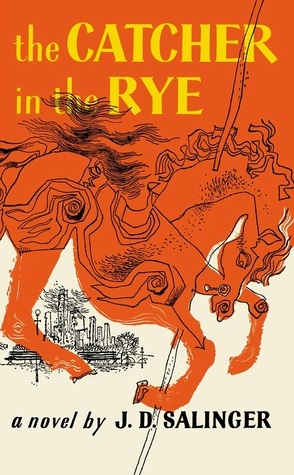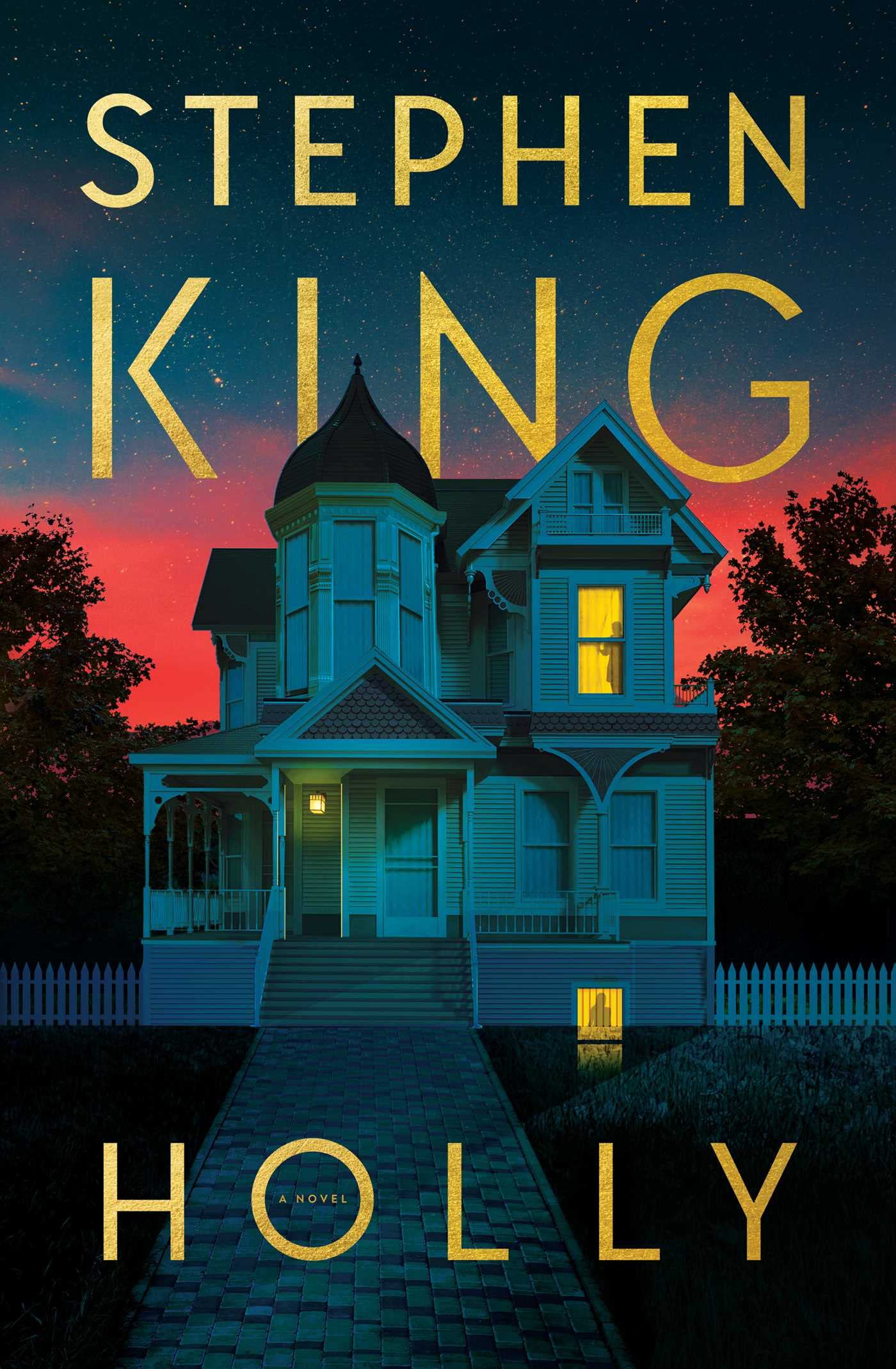Chapter 16: Confronting Holly’s Mother’s Legacy
byOn the morning of July 24, 2021, Chapter 16 unfolds as Holly arrives at her late mother’s home in Meadowbrook Estates, the weight of the moment pressing heavily on her. She watches as the A.D. Cleaning crew departs, their job limited to a COVID-related disinfection rather than a full post-mortem cleanup, confirming that her mother passed of natural causes. A small envelope left behind by the cleaners reassures Holly that no items were removed from the house, yet the reality of stepping inside fills her with unease.
Standing at the threshold, Holly is struck by the contrast between her mother’s immense wealth and her frugal, often joyless way of living. Her resentment simmers beneath the surface as she recalls how Charlotte, despite being a millionaire, rarely indulged in anything beyond necessity. She allows herself a fleeting moment of sarcasm, thinking of a mai tai—a drink her mother would have never approved of—symbolizing the carefree existence Holly once fantasized about, a life far removed from the controlled, suffocating environment her mother fostered.
Memories from her past begin to weave into her present, particularly her first encounter with Bill Hodges at her grandmother Elizabeth Wharton’s funeral. Unlike her own family, who had always dismissed and belittled her, Bill treated her with kindness and respect, setting in motion the transformation that led Holly to become the investigator she is today. Though her family disapproved of her choices, it was through Bill’s encouragement that she found a sense of purpose, contributing to major investigations and proving her capabilities in ways they never believed possible.
As she moves deeper into the house, Holly reflects on the financial manipulation orchestrated by her mother and Uncle Henry, a long-standing deception that nearly convinced her she had lost a significant sum to a scam. The thought still stings, yet rather than feeling defeated, she finds her resolve strengthening against the lingering effects of her family’s betrayal. Despite their attempts to control her future, she refuses to let their deceit dictate the course of her life, solidifying her determination to keep her investigative business open.
Preparing for a meeting with Counselor David Emerson and his legal team, Holly steps outside to face the obligatory condolences from neighbors who had always been cordial but distant. Though the words of sympathy feel hollow, she acknowledges the formality of it all, another duty to be handled alongside the endless paperwork and property affairs. Sorting through her mother’s belongings feels both necessary and emotionally draining, each item carrying the weight of unspoken words and unresolved history.
Inside, as she sifts through various possessions, Holly is taken aback to discover an unexpected collection of valuable jewelry hidden among her mother’s things. It is a strange revelation, a reminder that Charlotte had always kept secrets, even from her own daughter. Paired with the discussions with Emerson, this newfound wealth deepens Holly’s understanding of the woman who had dictated so much of her life—a woman who was not as predictable or transparent as she had seemed.
After the legal formalities, Holly indulges in a rare act of rebellion, lighting a cigarette indoors—a small but significant defiance against her mother’s rigid rules. The action feels strangely liberating, a symbolic rejection of years spent under Charlotte’s suffocating influence. As the smoke curls through the air, Holly reflects on the bullying she endured in her youth, the abusive boss who made her question her worth, and the countless ways her mother’s controlling tendencies shaped her decisions, forcing her to fight harder for the independence she now refuses to relinquish.
Stepping into her childhood bedroom, Holly is met with a flood of nostalgia mixed with unease, the remnants of her past stirring emotions she thought she had buried. She methodically sorts through old possessions, discarding pieces of her past that no longer serve her, a silent yet cathartic act of reclaiming her identity. She acknowledges that, despite everything, her mother did love her in her own way—but that love was often laced with manipulation, conditional approval, and an expectation of compliance.
In a final act of defiance, Holly takes her mother’s prized collection of delicate china figurines and shatters them, watching as the porcelain splinters across the floor. The destruction feels both necessary and cathartic, a physical severing of the ties that had bound her for so long. Each broken piece represents an aspect of her mother’s control, a part of Holly’s life that she is finally ready to leave behind.
As she steps out of the house for the last time, Holly doesn’t look back. The shattered remnants of her mother’s influence remain inside, but she carries with her something stronger—the ability to move forward without the weight of the past dragging her down. Though she still struggles to fully reconcile her feelings toward her mother, she knows that this moment marks the beginning of a new chapter, one where she defines herself not by the shadows of her past but by the freedom she has finally embraced.


